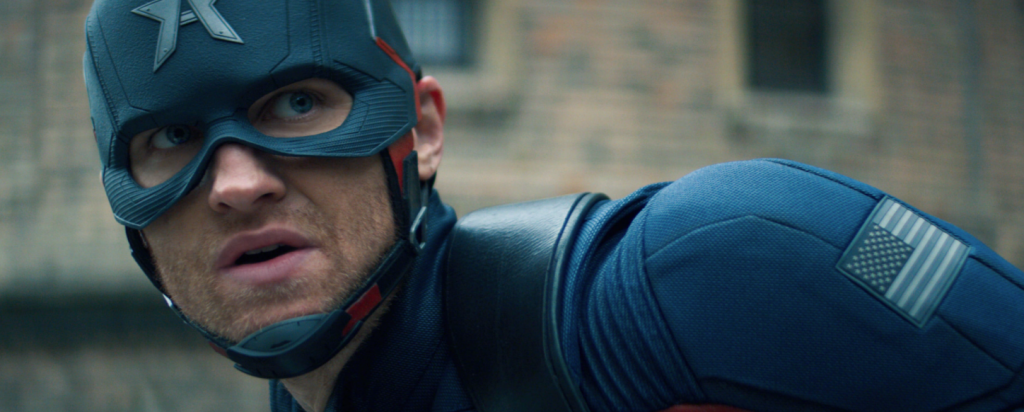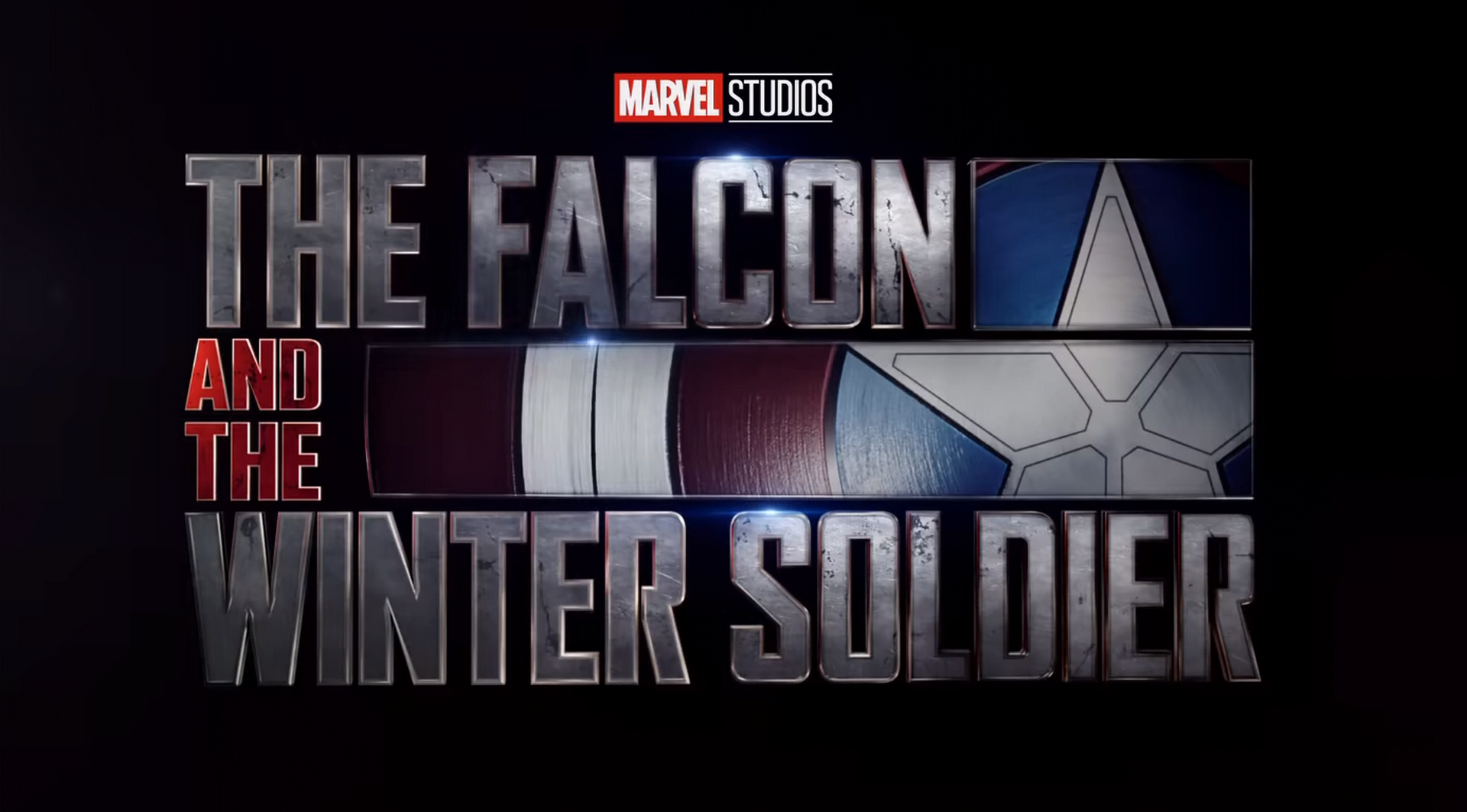With only six episodes in the series The Falcon and the Winter Soldier has a lot of ground to cover in a short amount of time. Like WandaVision before it, the show handles it’s time well and knows how to build out its world and characters. With the its key characters in motion it was time to upset the status quo and that’s exactly what happens in “The Whole World is Watching”.
WARNING SPOILERS AHEAD!

Marvel Studios did a great job creating sympathy for new Captain America John Walker (played brilliantly by Russell Wyatt). In the comics he’s an over-the-top caricature but within the MCU he feels far more human. That doesn’t mean he isn’t a bad guy. Walker’s downfall was always going to happen. His personality always felt on the brink of destruction and being thrown into the costume wasn’t really his choice. It’s a job, not a duty. A stark contrast from why Steve Rogers became Captain America.
Still, there are lines you don’t cross. Walker is a cautionary tale on why superheroes cannot be forced into service. This is ironic to say especially after the origin of Steve Rogers but one must remember, he volunteered. Walker, on the other hand, was enlisted.
Though he’s not really the main focus on the episode it becomes abundantly clear that he’s out of his depth in the world of the Avengers. He keeps forcing himself in as if he’s earned the mantle but the moment he comes face-to-face with Wakanda’s dora milaje and gets his ass kicked it’s a rude awakening.
The show continues to bring in powerhouse actors and let them roam free. Russell knows the right way to chew scenery and his interaction with Mackie and Stan works well. Zemo continues to be a fan favorite as the MCU is allowed to fill in some of its broader strokes from the movies. This show, like WandaVision, proves that the MCU straight up nails its casting every time.
There are two more episodes left in the series and a lot more ground to cover. Chances are the series will end up more open ended than fans will like but the repercussions will be felt for years within the universe. That’s just plain good storytelling.



